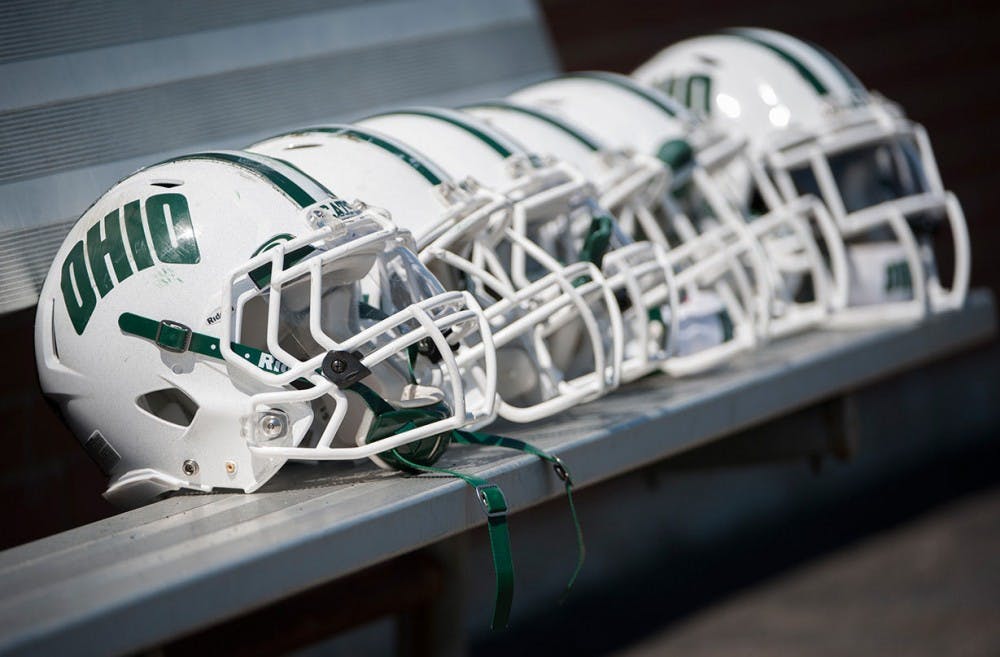A former NFL linebacker, Chris Borland, retired after head trauma — an issue affecting Ohio football.
On March 16, linebacker Chris Borland retired from the NFL. In most circumstances this would not qualify as headline news, but Borland was not your normal retiree.
Borland, a 24-year-old former player for the San Francisco 49ers, had just come off a successful rookie campaign in which he recorded 107 tackles until being put on injured reserve after week 15.
His reason for retiring: his health.
This surprising announcement came less than a week after three other players — aged 30 or younger, including teammate and All-Pro Patrick Willis — retired suddenly. Borland’s decision caused a stir in the NFL, with Seattle Seahawks linebacker Bobby Wagner tweeting: “No offense to anyone but I’m playing until I can’t anymore. I love this game too much.”
At a time when head trauma is becoming a major issue in football, Wagner voiced the athlete’s reasoning and why they risk their life for the game.
Quentin Poling, a sophomore linebacker for Ohio, tends to side with Bobby Wagner’s end of the spectrum. “I think I’d take the opportunity (to play in the NFL),” Poling said.
Borland didn’t retire without controversy.
He returned three-quarters of his signing bonus – he only played one year out of his four-year contract – and he praised the 49ers for supporting him through the process.
However, Borland found himself in the headlines again after a recent ESPN The Magazine feature was published online. The headline: “Why former 49er Chris Borland is the most dangerous man in the NFL.”
After retiring, Borland was requested to take a drug test from the same company that he had just retired from. Instead of refusing, he hired a second agency to administer the test, just in case the NFL tried to “set him up.”
This alarming feature highlights the inherent problem in today’s NFL: So many of these athletes will risk their life to play the game they love.
Because of recent scientific breakthroughs, the NFL has worked to create rules to eliminate head injuries. These changes have filtered down all the way to the Bobcats.
Ohio linebacker coach Ron Collins has modified his coaching style, as Collins sees these changes ultimately being good for the game and keeping younger athletes healthy long term.
“It’s totally good,” Collins said. “Safety is the utmost importance in this sport.”
When parents allow their kids to play football, they understand the risks that go with that. In this age, people are becoming significantly more weary of the risks. Will it be the ultimate demise of football? One opinion is yes. However, one thing that we can learn from Borland is that football players understand the risks.
If they want to play the game, we should let them play.
@tony_heim35
ah083514@ohio.edu






